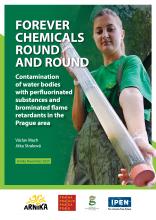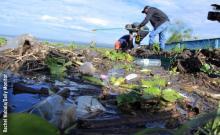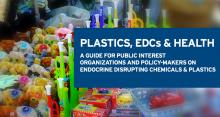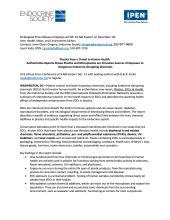Guest column by Griffins Ochieng and Yuyun Ismawati Originally published December 23, 2020, on allAfrica.com
Kenya has been a beacon for global efforts to reduce plastics. The country’s 2017 plastic bag ban reduced environmental degradation that comes from plastic waste and demonstrated decisive government action against plastic pollution. Now, Kenya finds itself again in the spotlight as the primary line of defense to protect Africans from an unprecedented explosion of toxic plastic waste across the continent. New research exposing that toxic chemicals from plastics are poisoning Africa’s food chain, covered in The East African, should strengthen governmental resolve to protect the collective health of Kenyans and all Africans.
When China closed its door to imports of the world’s plastic waste in 2017, the world’s biggest plastic waste producers began dumping plastic waste in countries with developing economies and weaker environmental infrastructures, predominantly in South East Asia. The recycling game had been disrupted , but the world pushed back .
In 2020, Kenya joined 183 other countries in giving developing countries a simple tool to resist the dumping of waste from the global north. Kenya signed the sensible Basel Convention Plastic Waste Amendment , which requires importers to declare the contents of their shipments and secure prior informed contest from importing countries before shipping plastic waste.
Governments and advocates have joined forces and worked to repatriate unwanted waste from the Philippines , Indonesia , Malaysia , and Thailand . Interpol documented a dramatic upswing in criminal plastic waste dumping, further underscoring that plastic waste is a burden that no one wants.
Yet despite the growing global movement against plastic pollution, the chemical industry is moving to create MORE plastics, aiming to triple the supply by 2030 . Why? Over 99% of plastic is made from chemicals sourced from oil and gas. As prices drop for fossil fuel energy, the industry is increasing plastic production. Skyrocketing plastic production means an even larger colossus of plastic waste, waste that is riven with toxic chemicals that are hazardous to human health and the environment.








